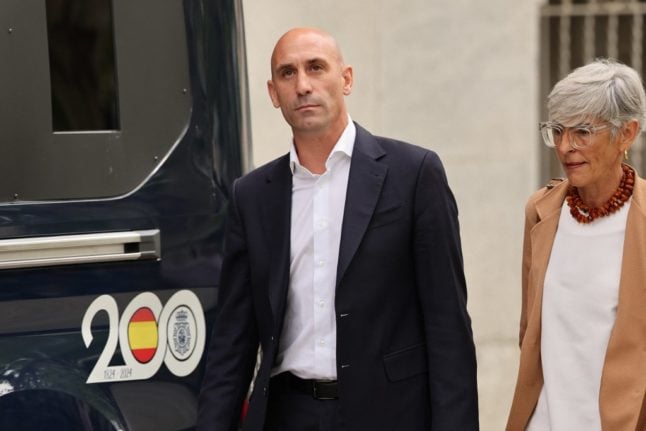The 59-year-old, whose son Jean-Baptiste also played scrum-half for his country and is presently backs coach at Toulouse, said that there had been nothing out of the ordinary in taking doping products at the time.
"In the 1970s and 1980s amphetamines were widely taken," Elissalde told French radio station Radio Bleu.
"It was taken by cyclists, by footballers, and obviously by rugby players. I personally took amphetamines twice, there is nothing extraordinary in that and afterwards there were other forms of doping, notably in order to be able to work harder and to put on muscle."
Elissalde, a former coach of the Japanese national side, also pointed the finger at the players who had come to France from the Southern Hemisphere without citing specific examples.
Elissalde, who also coached French club sides La Rochelle, Beziers and Bayonne, said that there was no organised doping and that it was down to the individual.
"To my knowledge as a coach I never came across organised doping," he said.
His comments came in the wake of last Wednesday's revelations by French anti-doping agency (AFLD) director of testing Francoise Lasne that rugby had returned the highest proportion of positive doping tests in the country last year.
The French rugby players' union (Provale) had reacted with disbelief at the claims.
Provale pointed to figures given to AFP by the French Rugby Federation (FFR) that there had been 22 abnormal controls in 2012, of which only two had resulted in lengthy bans.
The players' union concluded: "If with two doped players rugby is the sport the most affected by doping then that's good news for sport in France."


 Please whitelist us to continue reading.
Please whitelist us to continue reading.
Member comments